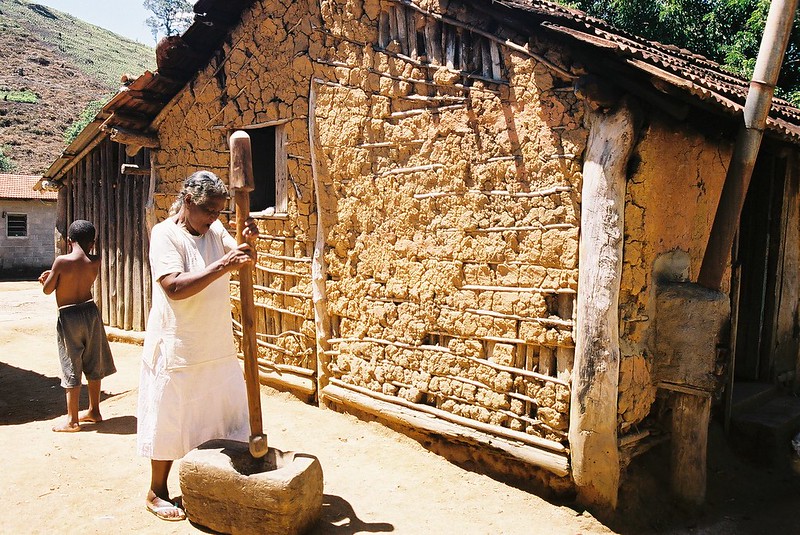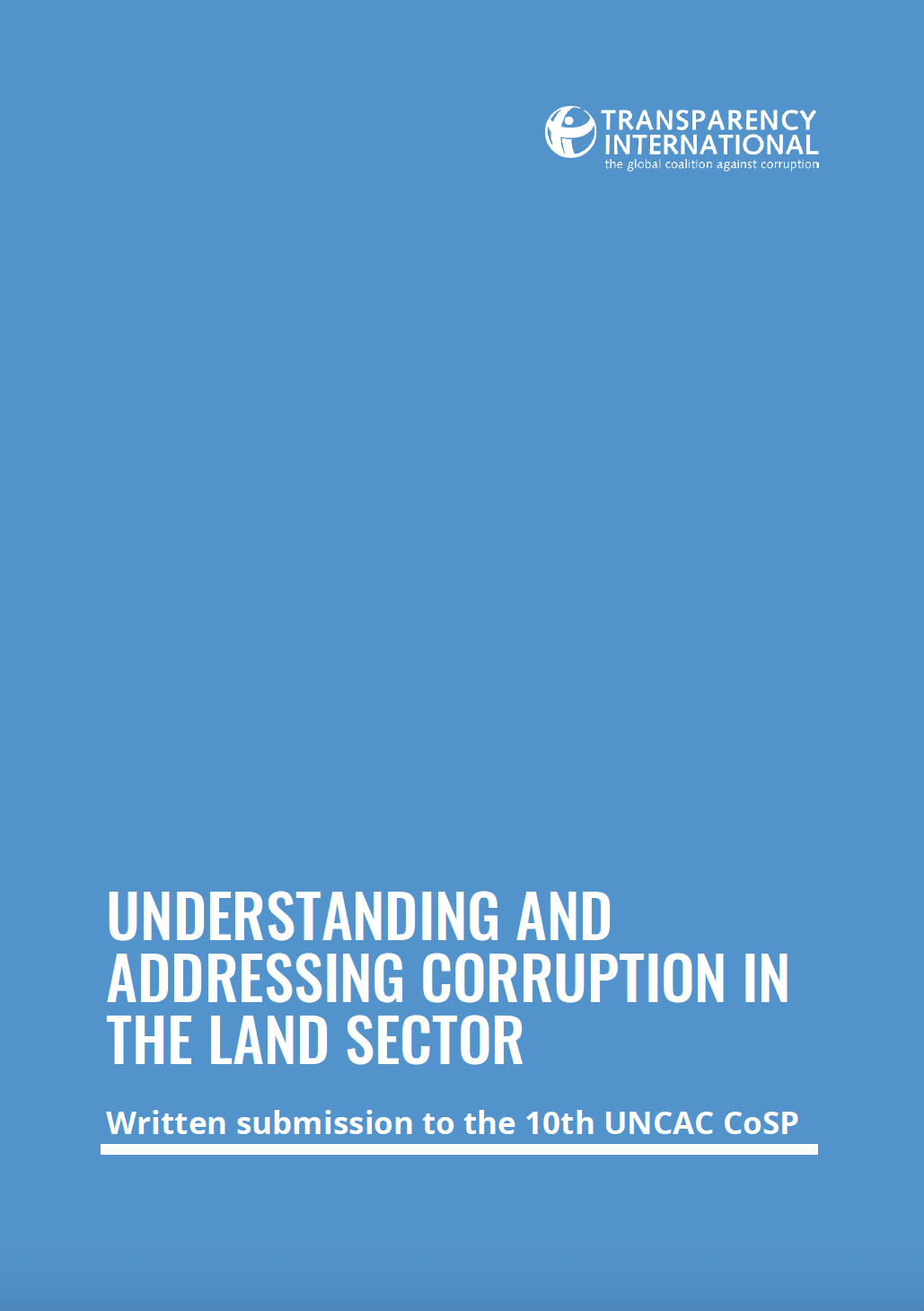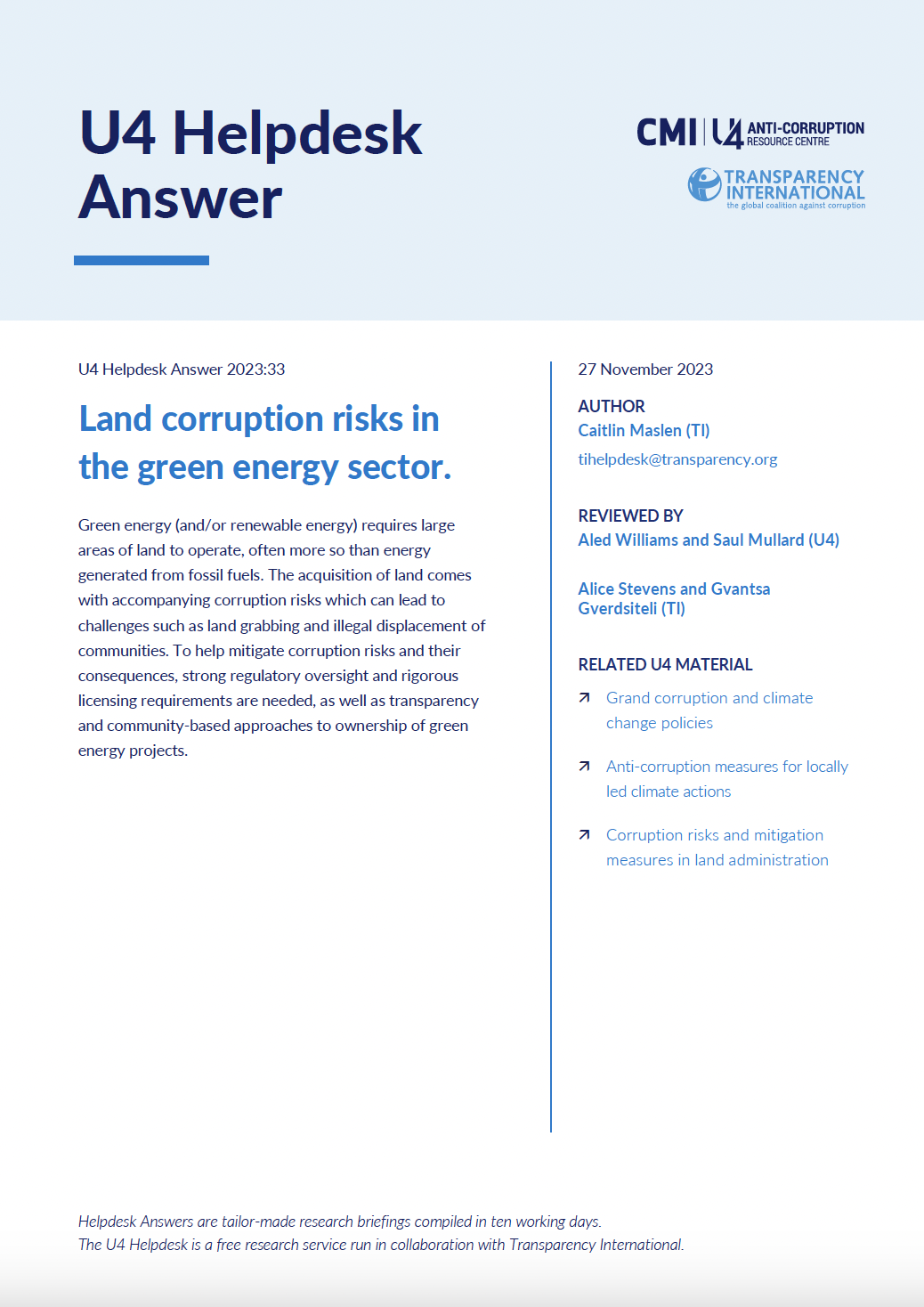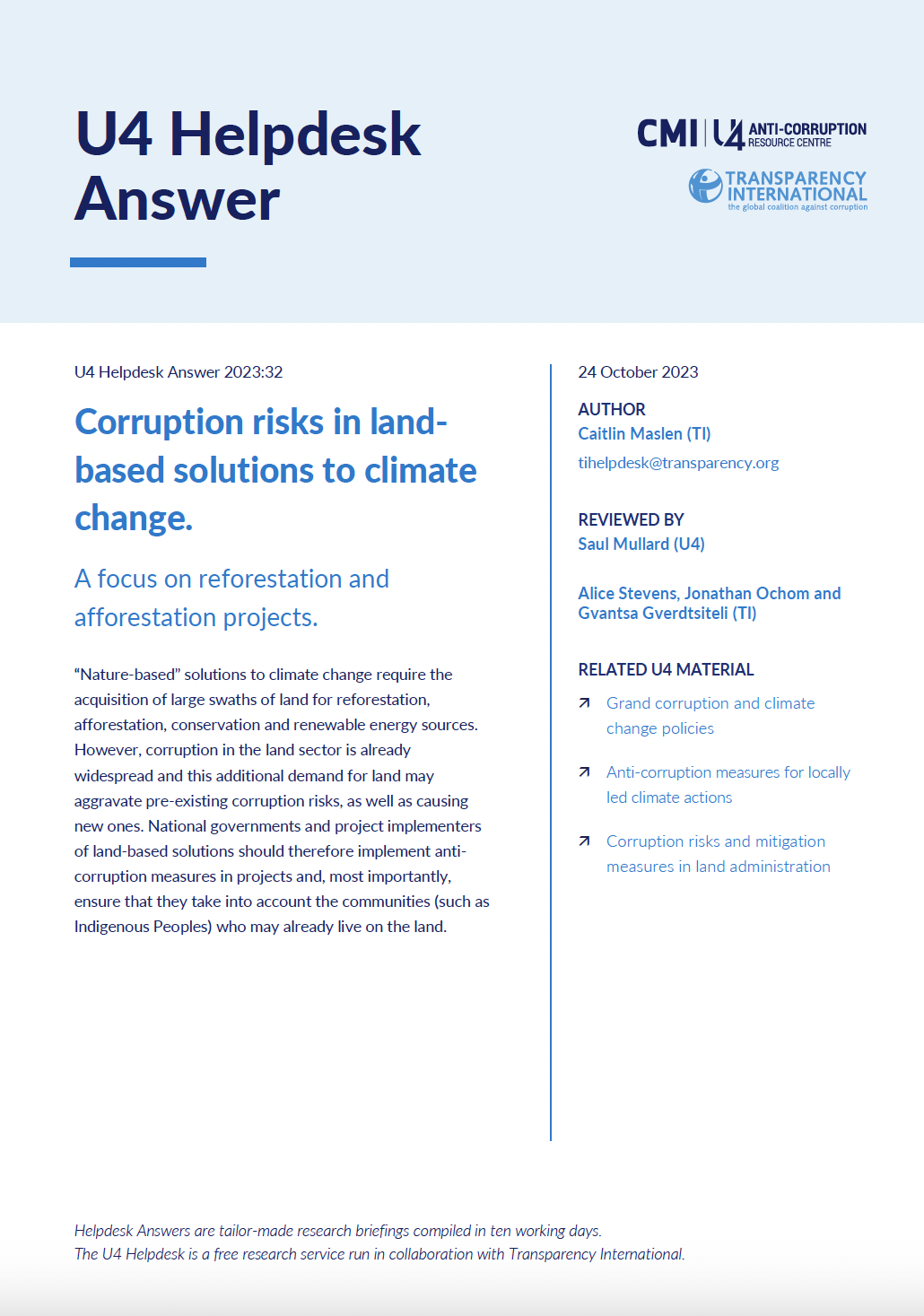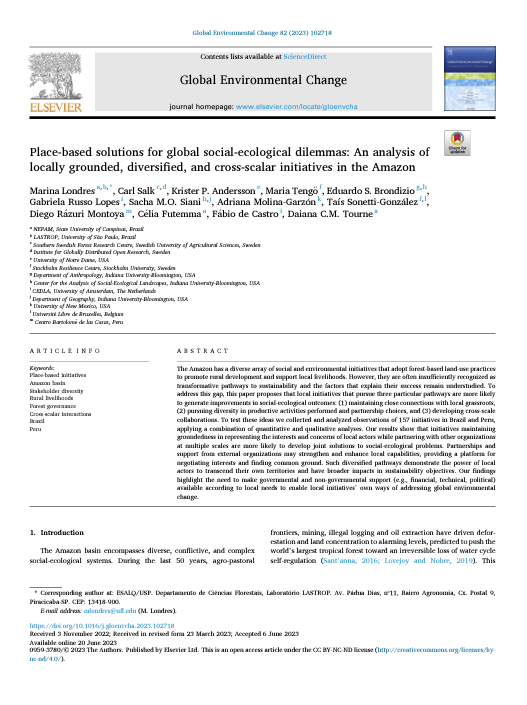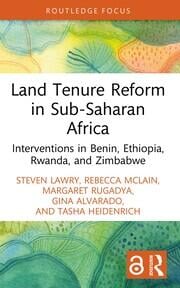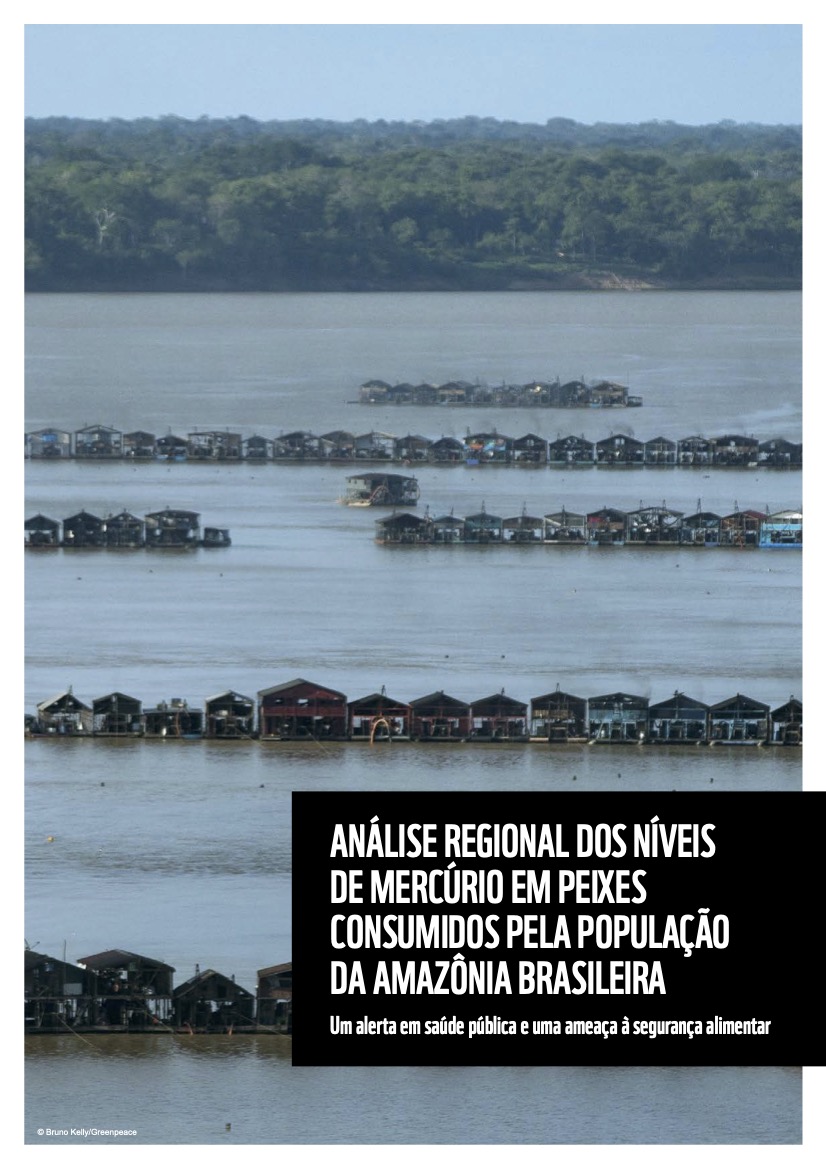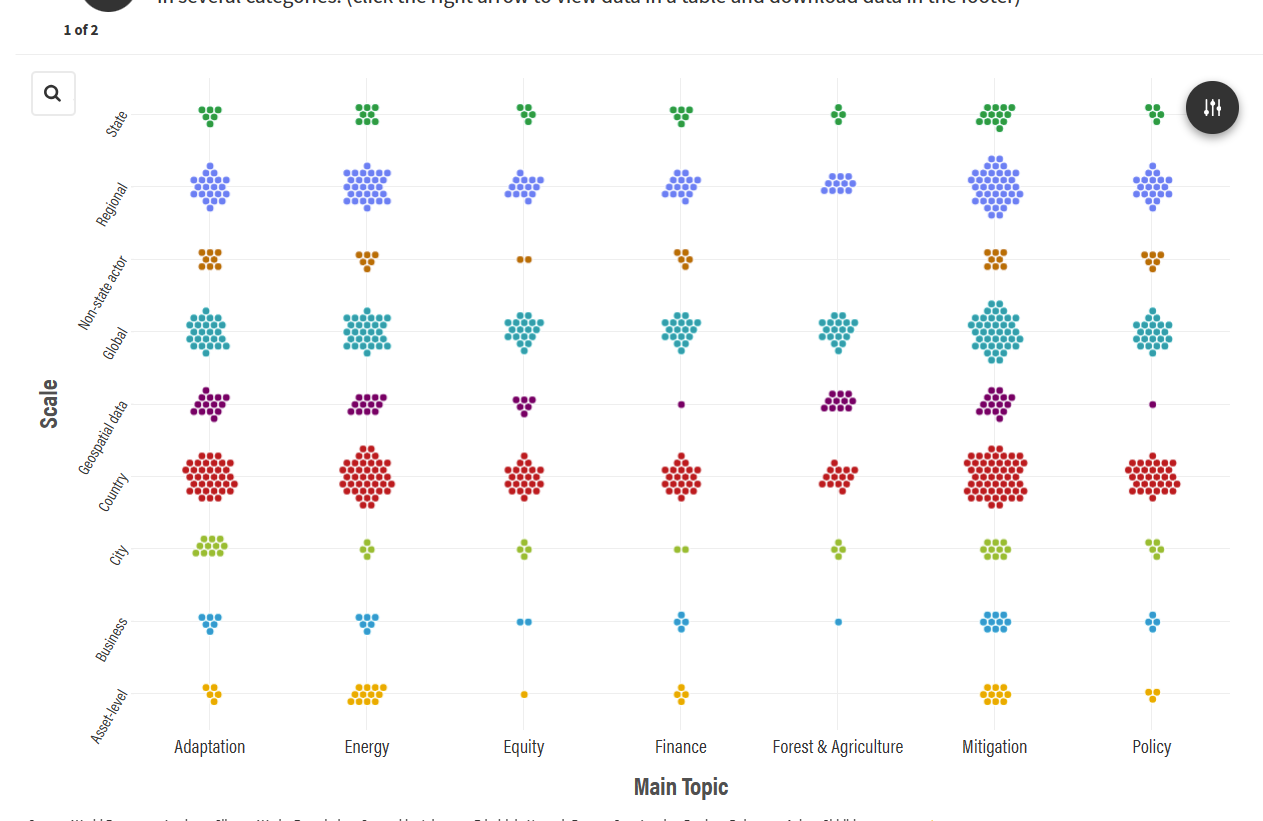CGIAR collaborates with the Academy of Scientific Research and Technology to host the “Consultation workshop: Deep diving into the Agritech Innovation Ecosystem in Egyptâ€
On 7 February 2024 at the InterContinental Cairo Semiramis, CGIAR Centers – Alliance of Bioversity International and CIAT, ICARDA, IWMI, IFPRI, and supported by the CGIAR Accelerate for Impact Platform (A4IP) – in collaboration with the Academy of Scientific Research and Technology of Egypt (ASRT) and under the auspices of the Ministry of Higher Education and Scientific Research of Egypt (MOHESR) hosted the "Consultation Workshop: Deep Diving into the Agri-tech Innovation Ecosystem in Egypt".


